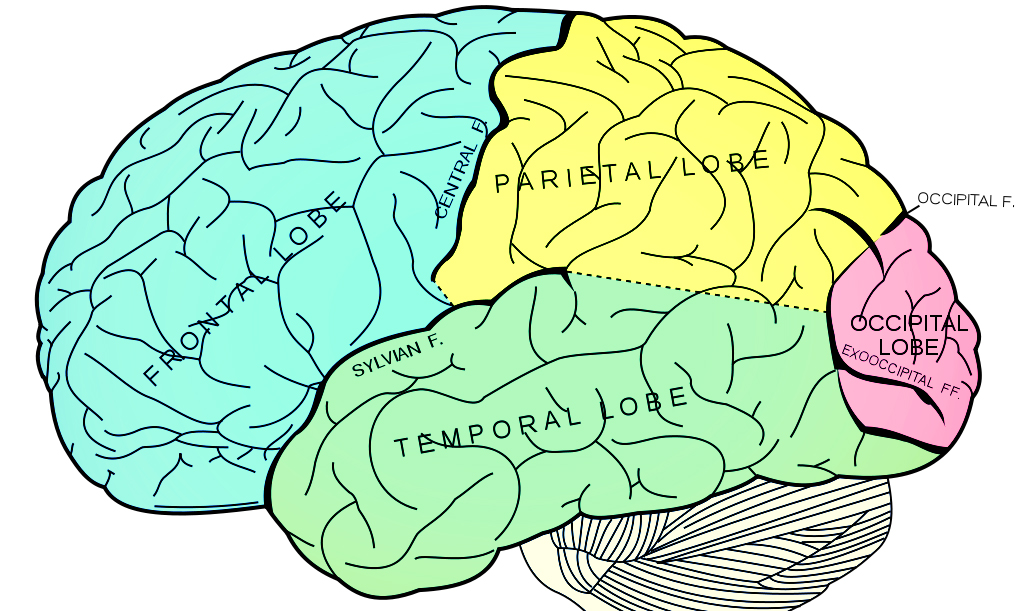Mussio Goodman Files Class Action Lawsuit Against Volkswagen
Posted on by Mussio Goodman
Volkswagen Vehicles Emitted Up to 40 Times the Allowed Level of Pollutants under Canadian Law
In the wake of the international scandal surrounding Volkswagen which led to the resignation of its CEO this morning, Vancouver law firms Mussio Goodman and Branch MacMaster LLP have teamed up to file a proposed class action lawsuit in the Federal Court of Canada against Volkswagen Group Canada Inc.
The lawsuit alleges a breach of certain provisions of the Competition Act and of the Canadian Environmental Protection Act as a result of certain diesel engine vehicles that were intentionally equipped with a device that allowed Volkswagen to “cheat” the emissions tests and market, sell or lease vehicles that would otherwise fail regulatory requirements.
In particular, the lawsuit alleges that Volkswagen widely promoted its diesel vehicles as having a clean burning engine while being more powerful and better performing vehicles than their gasoline counterparts. Those representations, it is alleged, allowed Volkswagen to charge a premium of thousands of dollars for vehicles equipped with a diesel engine when compared to the gasoline versions of those vehicles.
The lawsuit goes on to allege that these vehicles in fact emitted up to 40 times the allowed level of pollutants under Canadian law, rendering the vehicles worthless in the marketplace. The lawsuit also seeks punitive damages for Vokswagen’s conduct, which is alleged as “high-handed, reckless, deliberate and disgraceful.”
The representative plaintiff in the class action, Mr. Hanson, alleges that he selected and ultimately purchased his 2015 Volkswagen Golf TDI because of the “CleanDiesel” system, as represented through advertisements and representations made by Volkswagen. Eric Goodman, co-counsel for Mr. Hanson, stated that “our client is distraught by the fact that he paid a premium price for a car that, as it turns out, was falsely advertised as cleaner and more powerful. We have no doubt that there are thousands of Volkswagen owners across the country who feel the same way.”
Volkswagen Affected in Canada
In fact, it is estimated that there are in excess of 100,000 vehicles affected in Canada. The current understanding is that the affected vehicles include the following diesel models:
2009 to 2015 VW Jettas
2009 to 2015 VW Beetles
2009 to 2015 VW Golfs
2012 to 2015 VW Passats
2009 to 2015 Audi A3s
We suggest that if someone purchased or leased one of the affected vehicles, they may be part of the class if the action is certified as a class action.
If they would like to receive direct updates or notifications in this proceeding, they can let Mussio Goodman know by contacting them directly at amy@mussiogoodman.com or (604) 336-8000.
In the meantime, we suggest that all potential class members retain any documents they have regarding the purchase or sale of their vehicles, or any repairs effected to bring the vehicles within emission compliance standards. Those documents may be necessary at a later stage of the proceedings.


